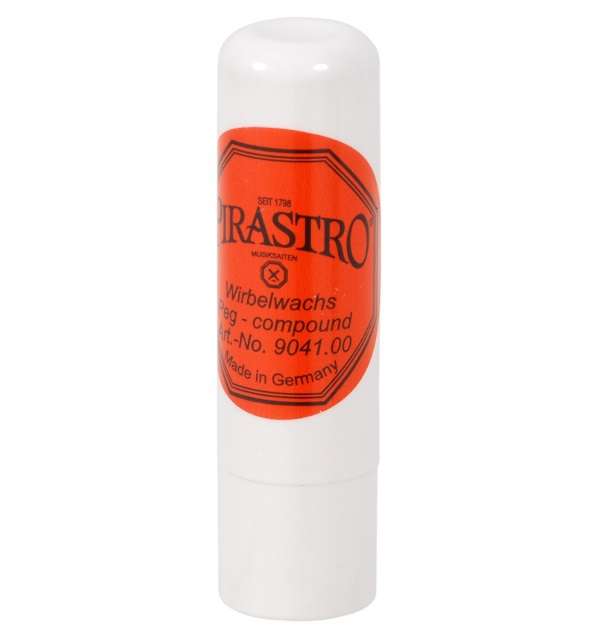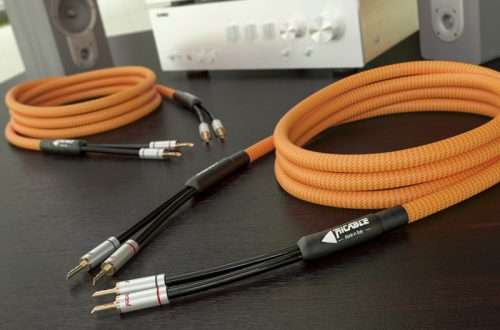
What can help you tune your instrument?

Probably every instrumentalist has experienced this moment when tuning the instrument causes a lot of trouble, the strings constantly lower their sound and the pegs seem stationary. Taking care of the clean and correct tuning of the instrument is a must during the practice, which will help to avoid distortions of intonation and bad habits of the left hand. Here are some products that will help you tune your instrument efficiently and hassle-free.
Peg paste
During changes in weather and humidity, the wood in the violin, viola and cello works, changing its volume slightly. At high temperatures and high humidity, the wood swells causing the dowels to become stuck. Then smoothly moving the pins, and thus tuning, is impossible. To prevent this from happening, it is worth applying a special paste to the pins to facilitate their movement. A great product is the stick paste of the famous brand of musical accessories Pirastro.
Thanks to the stick form, its application is extremely easy and does not require the use of an additional cloth. Grease the pins thoroughly and blow off any excess paste. One-time use is enough for months of work and does not require re-application before changing the weather. However, to prevent further trouble and to get good strings off the instrument, lubricate the pegs each time you install new strings. This paste will also help when the pins are sliding off and sprinkling with chalk or talcum powder will not work. If using both this measure does not solve the problem, then the pegs are probably misaligned with the holes in the instrument’s head.

Microstroiki
These are metal tools that are put on the tailpiece and keep the strings taut. By moving the screws, you can slightly adjust the height of the outfit without interfering with the pins. Professional violinists and violists prefer to use only one or two micro-tuners on the upper strings to limit the metal elements on the instrument. However, cellists or beginner musicians are advised to use all four screws to improve tuning and allow for quick intonation correction. The size of the fine tuners must be matched to the size of the instrument. They are produced by, among others the Wittner company in four color variants: silver, gold, black, black and gold.
Another solution is to purchase a plastic tailpiece with built-in micro-tuners, such as Otto or Basic Line. This option is especially useful for cellos, as the built-in fine tuners are lighter and do not burden the instrument like four independent screws.

Tuners
When we do not have a keyboard instrument with the correct tuning at home, and the use of a tuning fork is troublesome, a tuner will certainly be helpful. This electronic device collects the sound we produce with a microphone and shows whether the sound needs to be lowered or raised to achieve a certain height. The most popular and reliable tuners are Korg devices, also in the version with a metronome. Great equipment is also produced by the German company Gewa and Fzone, which offer handy, pocket-sized tuners with a clip, for example on the desktop. Due to the unevenly tempered tuning in strings, correct tuning with the tuner is based on determining the pitch of the A string, and then adjusting the remaining notes to fifths based on your hearing. When the pitch of each of the four strings is set according to the tuner, the strings will not tune against each other.

Adequate maintenance
Proper maintenance and the use of sturdy accessories are essential to maintain good intonation and avoid tuning problems. Old strings are a common cause of intonation fluctuations. The first symptom of “out-of-date” strings is the dullness of the timbre of the sound and false intonation – then it is impossible to play a perfect fifth, tuning is a vicious circle – each subsequent string is chanted incorrectly in relation to the previous one, and playing double notes becomes extremely onerous. Therefore, it is worth buying strings with a long shelf life and taking care of them properly – clean of rosin, wipe them with alcohol every now and then and do not stretch them excessively when putting them on.





